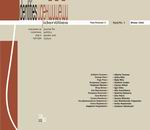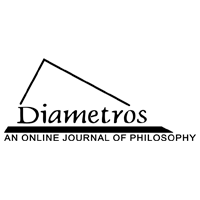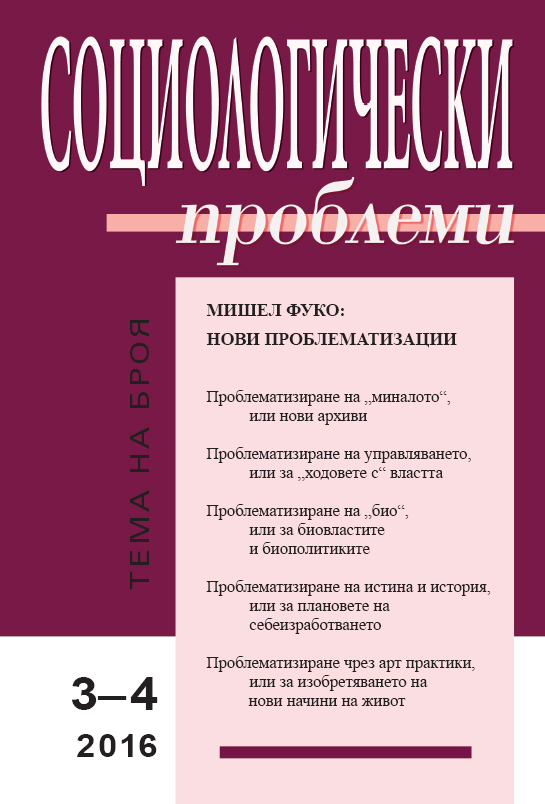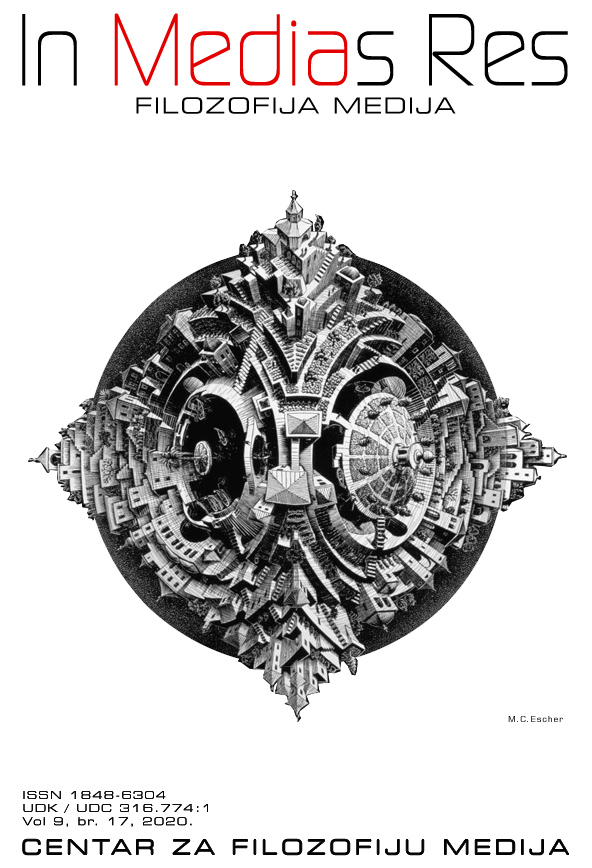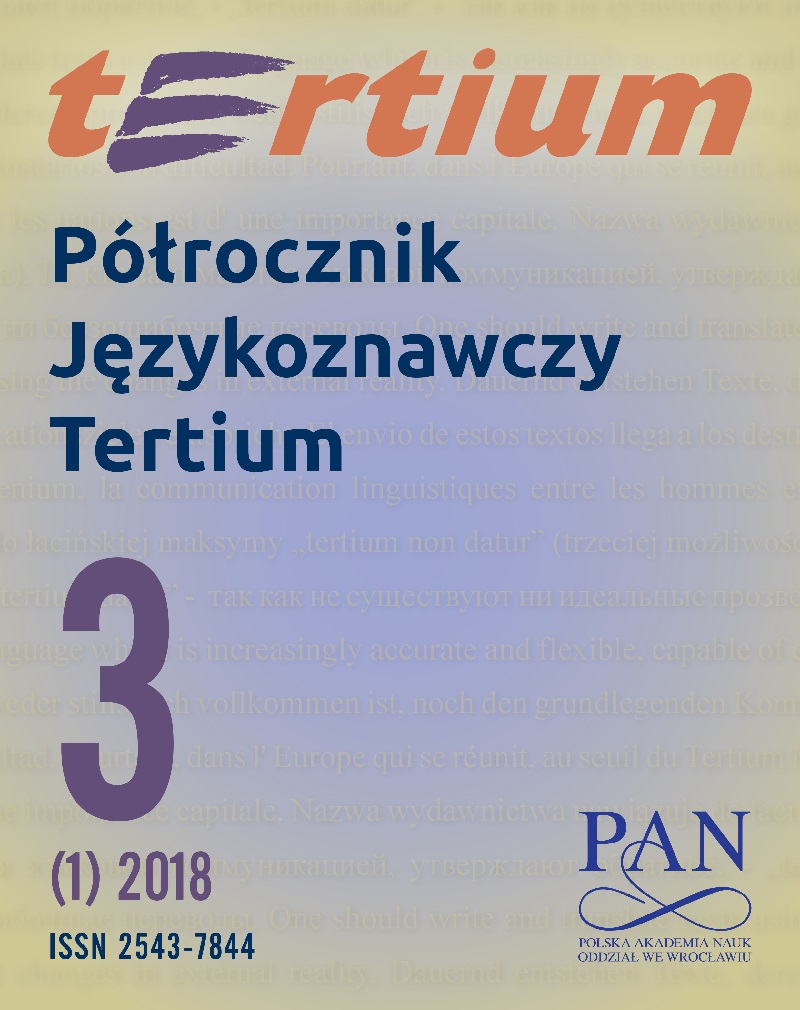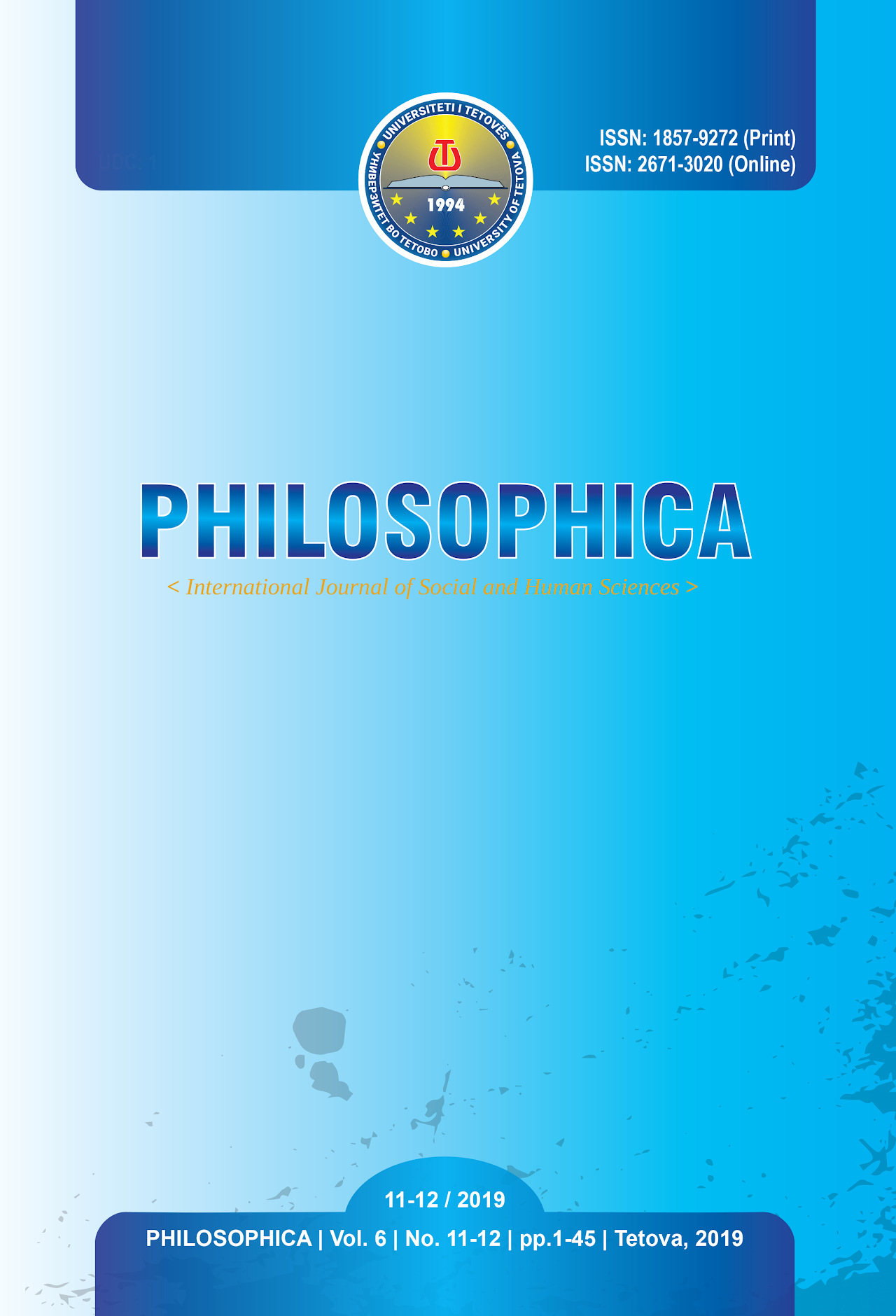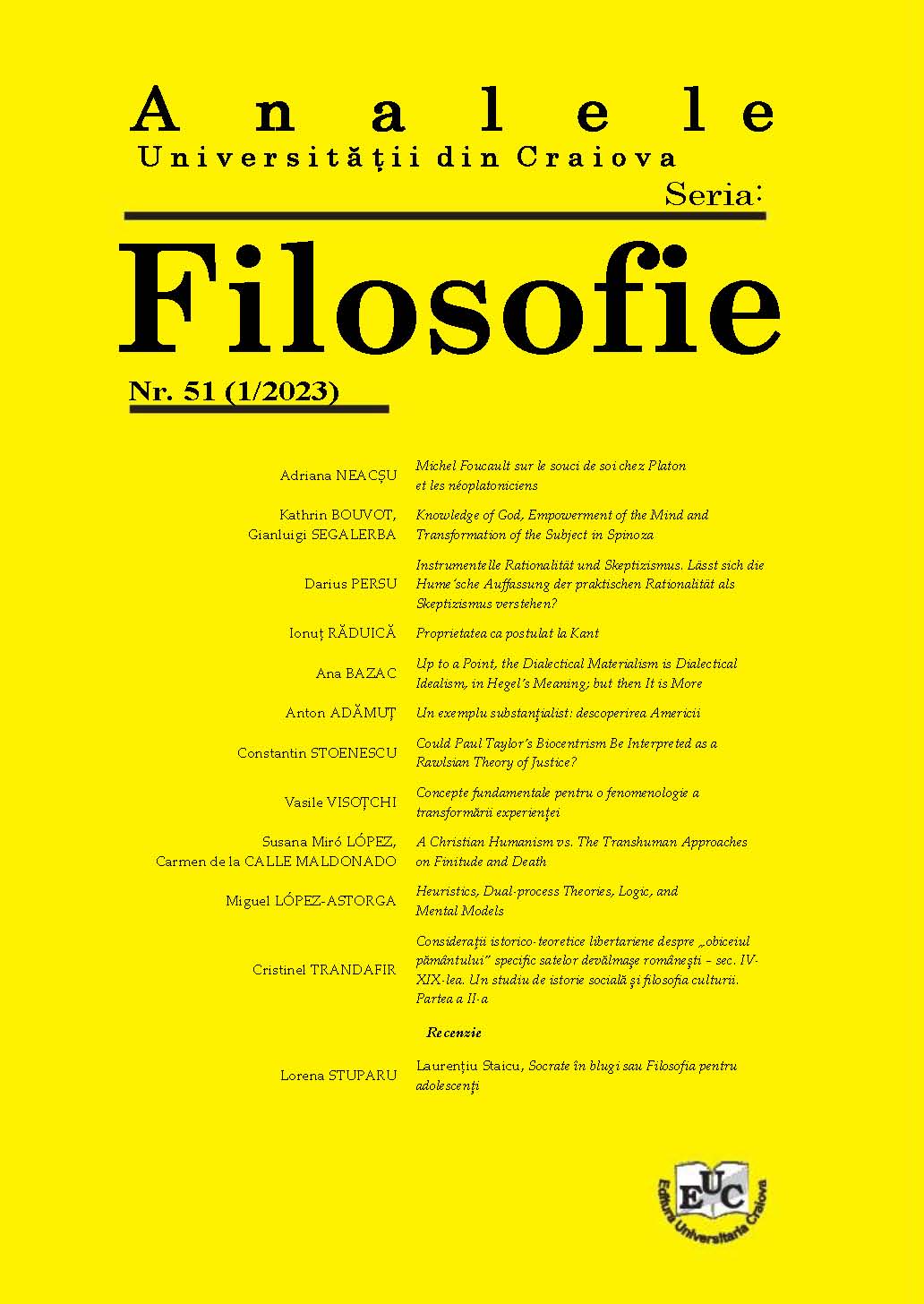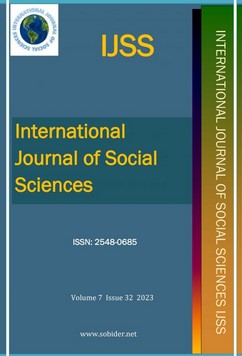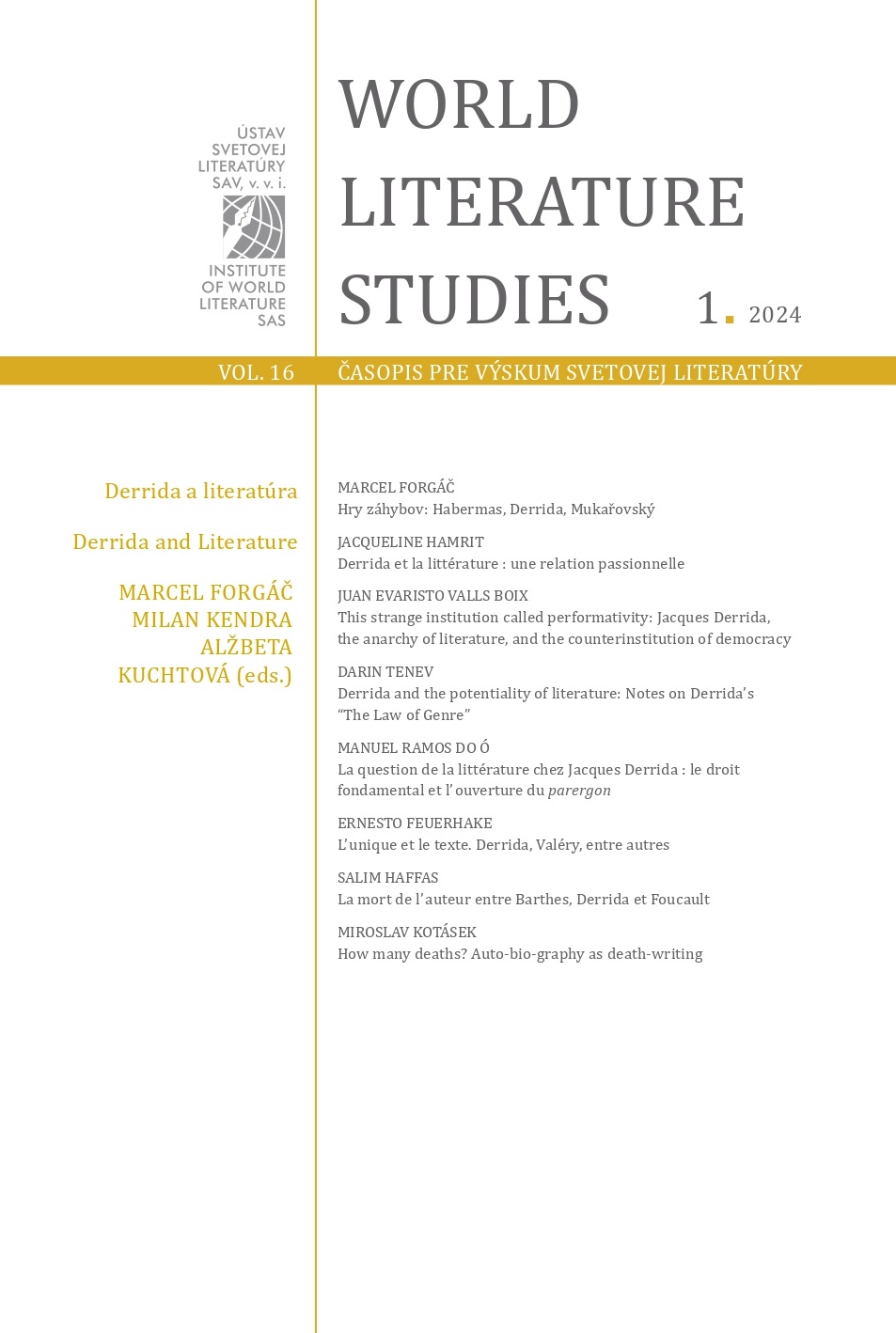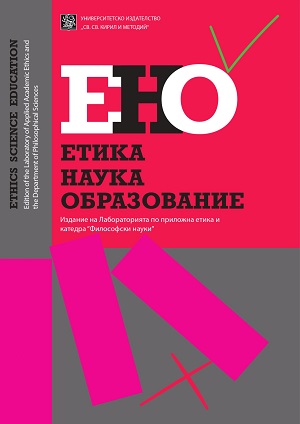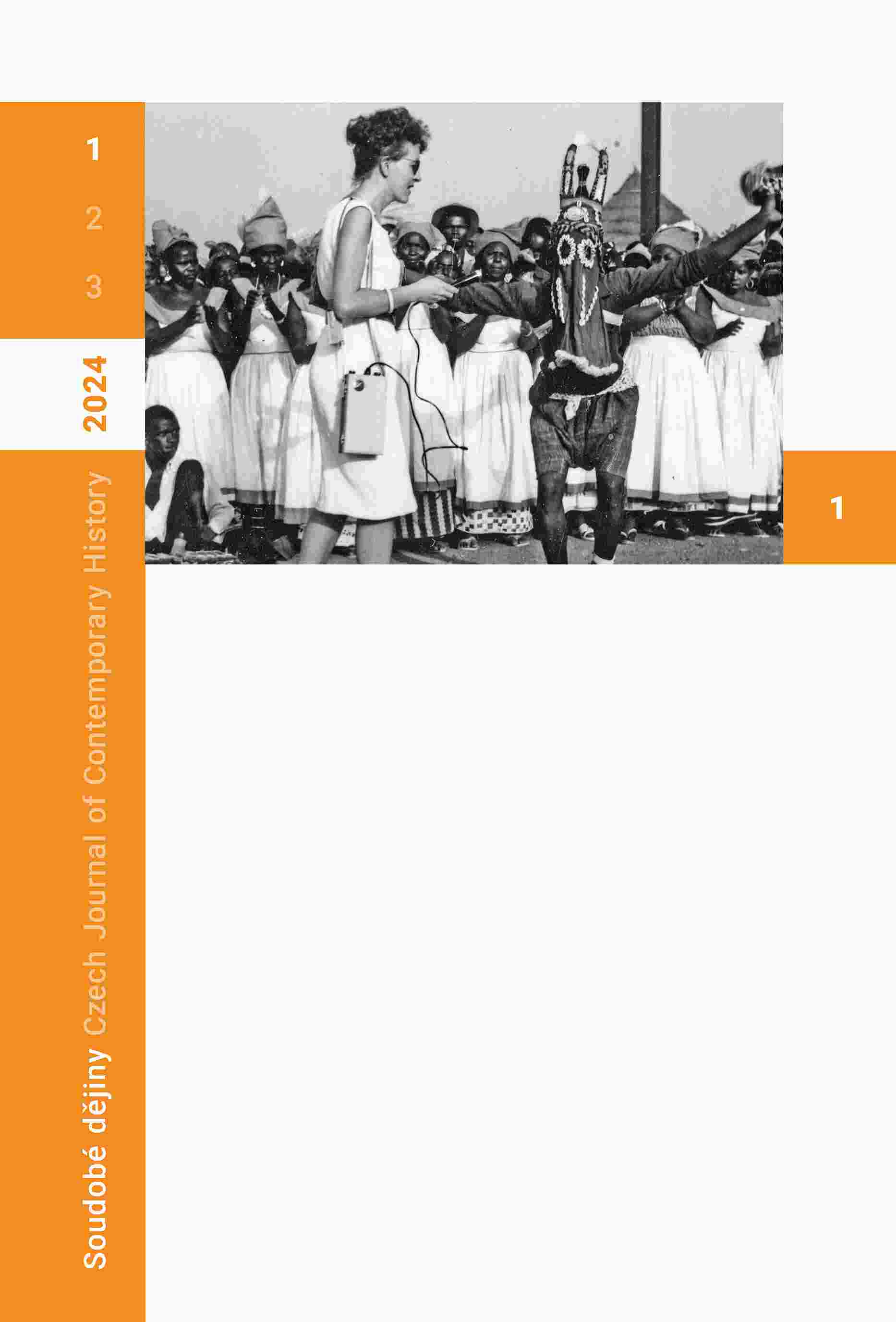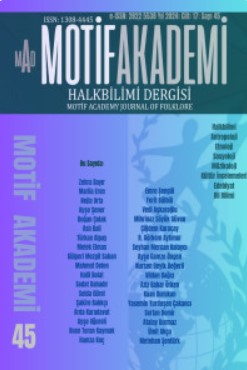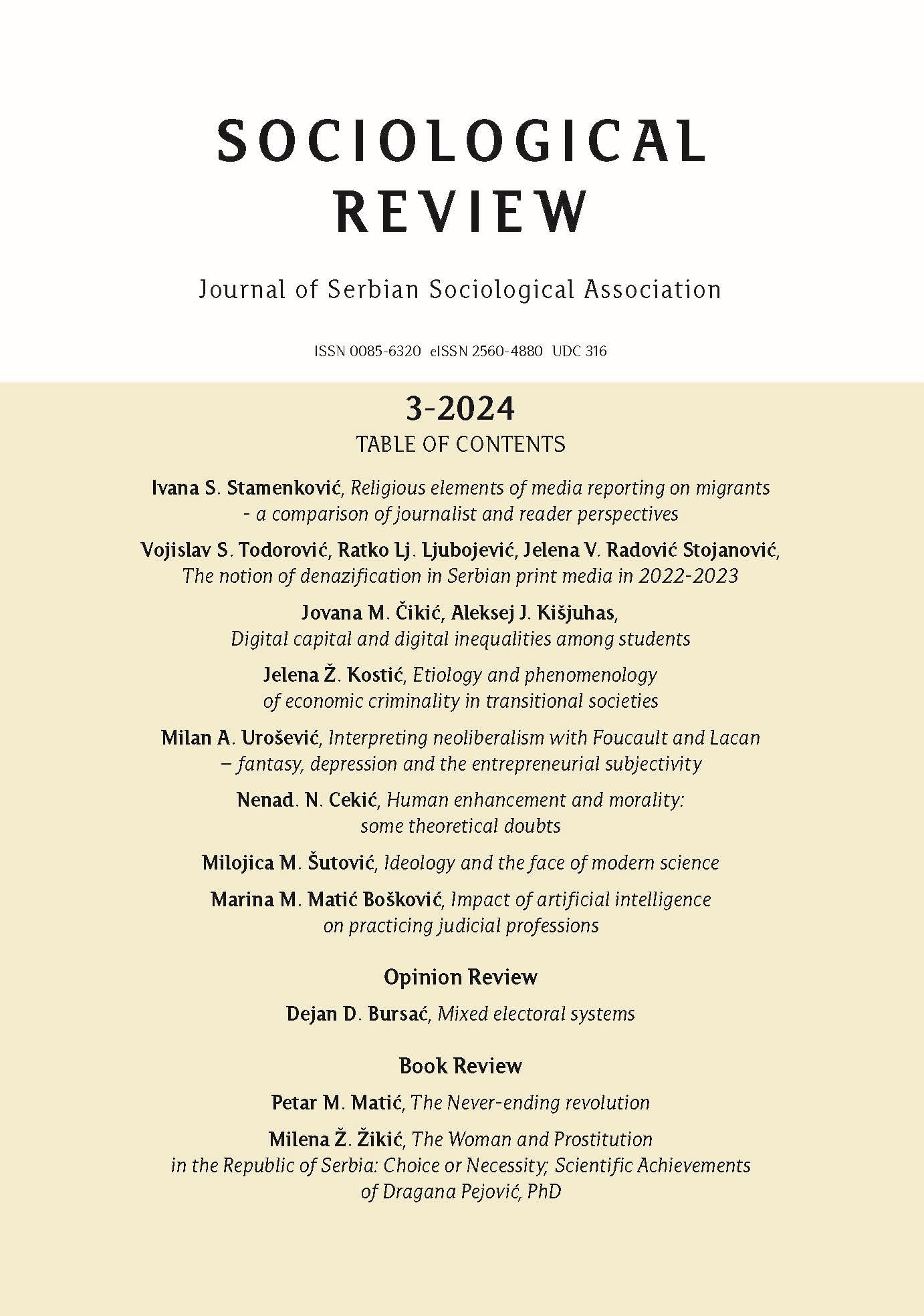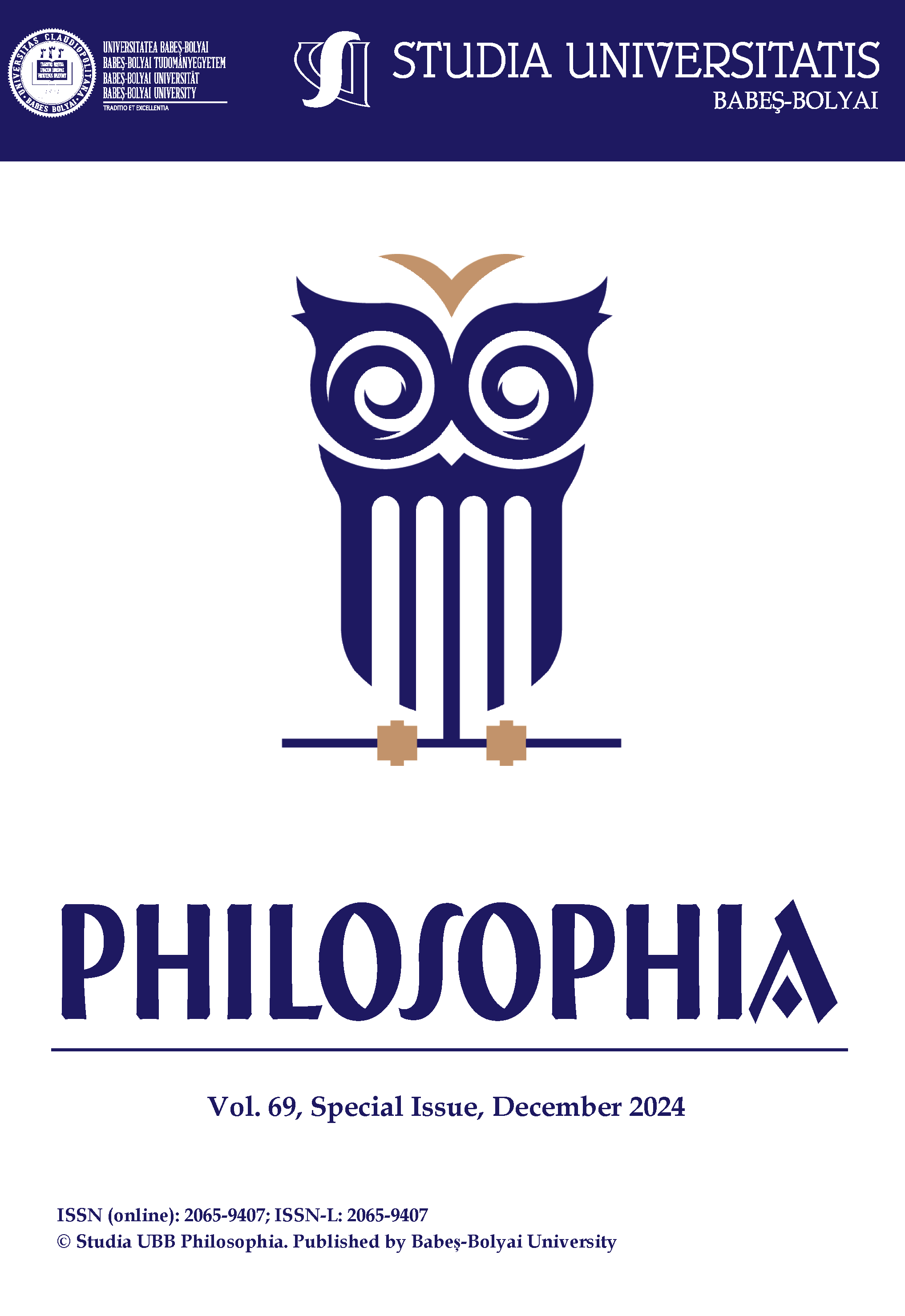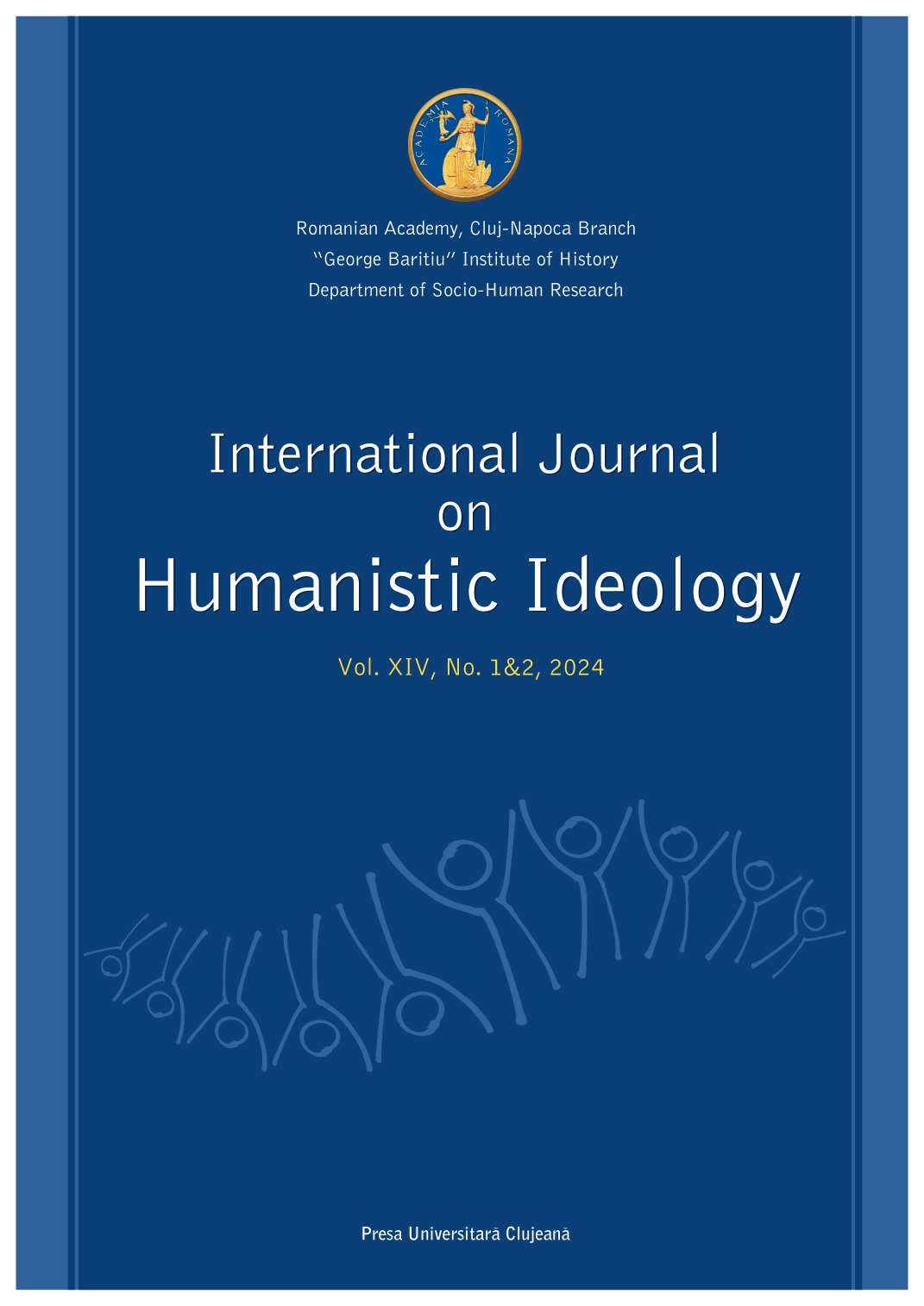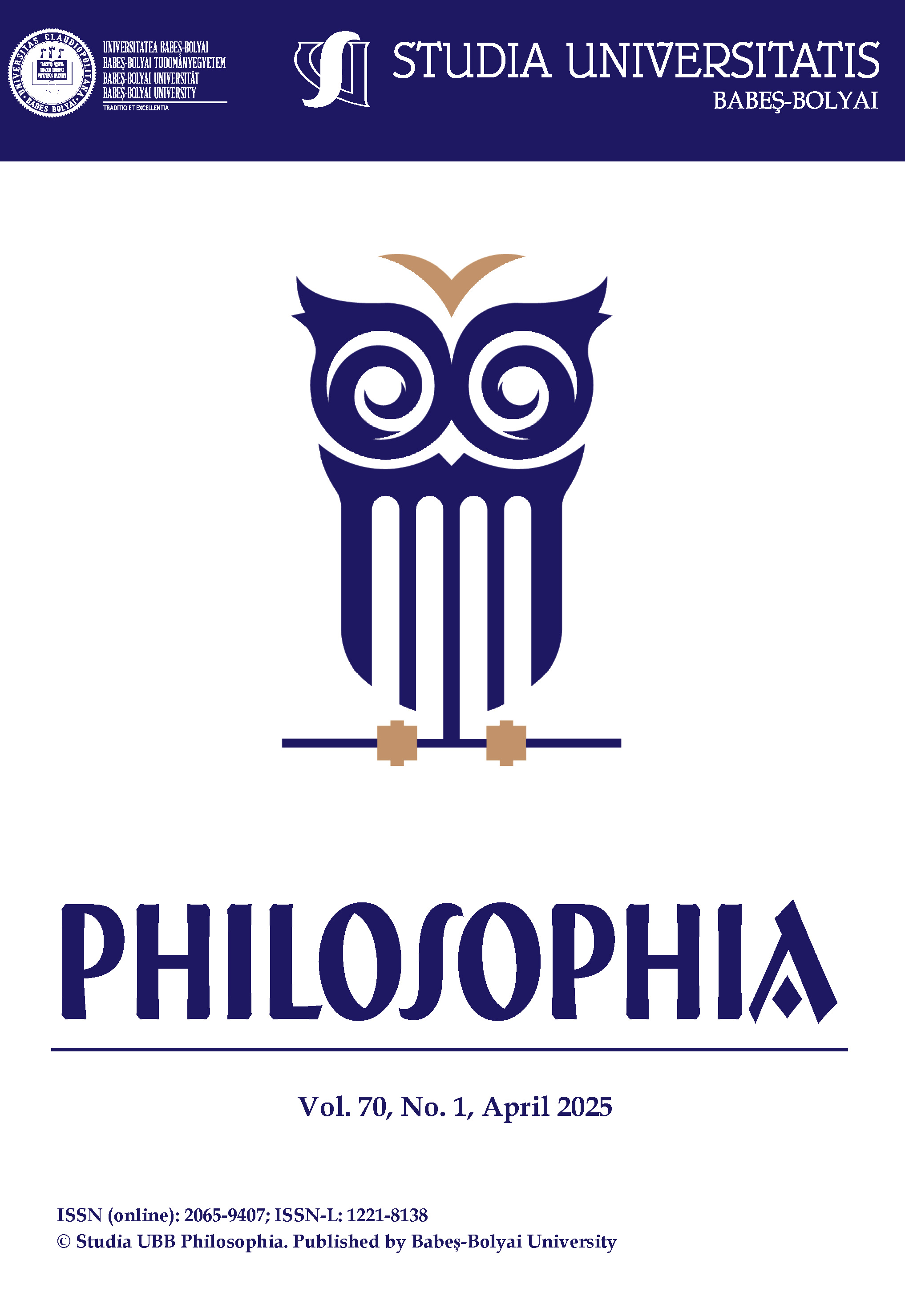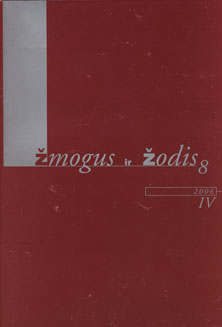
Two Alternatives of Philosophy of Science: Thomas Kuhn and Michel Foucault
Dvi mokslo filosofijos alternatyvos: Thomas Kuhnas ir Michelis Foucault
Keywords: paradigm; incommensurability; episteme; scientific revolution; development of science.
The article deals with post-positivist Thomas Samuel Kuhn's and post-structuralist Michel Foucault's anticumulativistic conceptions of the history of science, and its fundamentai similarities as well as differences. Both positions are taken as alternatives to traditional historiography of science, which analyses development of science from evolutionary point of view. Kuhn's philosophical conception reconstructs ruptures in the history of natūrai sciences. The ruptures are determined by scientific revolutions. Mostly, the revolutions are so radical, that make scientific world-views or paradigm's incommensurable. Foucault also analyses changes of incompatible epistemes in the culture of Western Europe. The concept of episteme in Foucault's philosophical system means fundamentai structure that grounds knowledge and its discourses within a particular epoch. Kuhn and Foucault negate teleological myth of science, which treats science as rational and linear development. However, Foucault's philosophical system is grander in comparison with Kuhn's. Kuhn's field of interest is only changes of paradigms in the context of natūrai sciences, whereas Foucault tries to reconstruct entire archeological strata or epistemes which determine generation of ideas and conceptions in particular epoch.
More...

